Resources
Five perspectives on diversity are provided here for reflection and discussion in your institution. Jack Seymour and Julia Speller offer observations drawn from discussions at the March 2002 ATS Workshop on Diversity. Two fictional cases explore negotiating cultural differences from a faculty member's and a dean's perspectives. Daniel Aleshire's column on "Good Work" is reprinted from the ATS newsletter, Colloquy (From the Publisher)
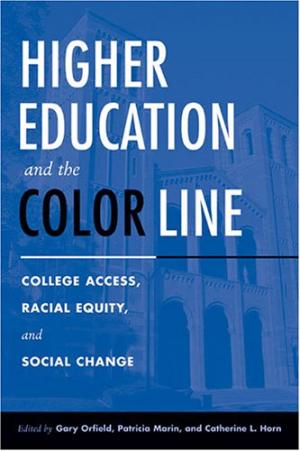
This timely and comprehensive book outlines the agenda for achieving racial justice in higher education in the next generation. It focuses on the racial transformation of higher education and the structural barriers that perpetuate racial stratification in colleges and universities--and beyond. Taking on topical issues such as shifting patterns of financial aid, the growing importance of community colleges, and identifying model programs for retaining and supporting minority students, it lays the foundation for realizing the U.S. Supreme Court Justice Sandra Day O'Connor's goal of eliminating the need for affirmative action within 25 years. (From the Publisher)
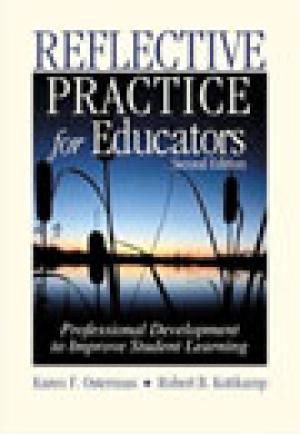
In this age of seemingly endless mandated reforms, reflective practice is a truly effective, empowering way to make meaningful, positive changes. Written for teachers, counselors, administrators, and professional development specialists in schools and universities, this book is an educators' guide to reflective practice. The authors explain its potential to create meaningful change in schools and show you how to integrate it effectively into the daily work of schools. The book: * Explains reflective practice as a professional development strategy * Offers ideas and practical strategies to facilitate collaborative, data-based inquiry, dialogue * Describes reflective practice in action and illustrates its power to create meaningful change in classrooms * Shows how reflective practice is an important step in creating professional learning organizations (From the Publisher)
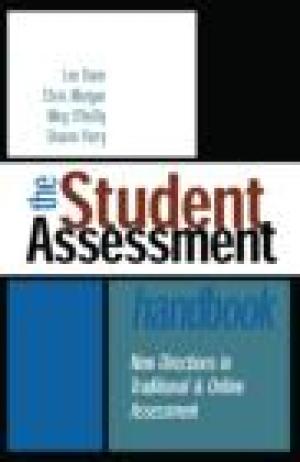
Aimed primarily at higher education professionals, this book is a comprehensive guide to assessment issues, particularly for those professionals who are coming to terms with the range of new pressures on their traditional teaching practices. Agents of change such as increased use of IT, flexible assessment methods and quality assurance all converge on the area of assessment, making new demands of assessors. Outlining how traditional assessment practices can be updated and diversified to suit these contemporary teaching and learning methods, this book is a practical resource, with reflection boxes and diagnostic tools that encourage the reader to apply the principles to their own practice. Other areas covered include: Assessing large groups, Authentication of student work, Maintaining assessment standards, Assessing generic skills and Quality assurance. (From the Publisher)
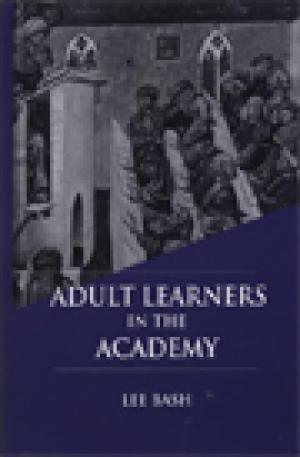
As higher education enters the 21st century, the focus on adult learning programs and initiatives will be greater than ever. This book is designed to assist faculty members or administrators who want to understand how the impact of adult learning programs has already helped transform the academy and how newer initiatives are likely to change their own campuses in the coming decades. Drawing on his extensive expertise, Bash engagingly depicts each facet of adult learners and the requirements higher education must fulfill to meet their needs. By blending some of the theoretical aspects of adult learning with many of the practical and personal components that characterize higher learning, this book is a helpful guide to all interested in implementing and sustaining adult learning programs. (From the Publisher)
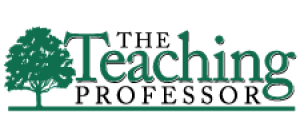
Journal Issue.
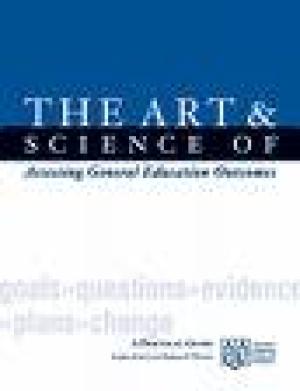
This guide offers practical recommendations for individuals involved with the assessment of general education programs and outcomes on campus. It includes a step-by-step assessment checklist, tips for better assessment, and examples of assessment tools, methods, and rubrics for assessing a variety of key outcomes of a quality general education. (From the Publisher)
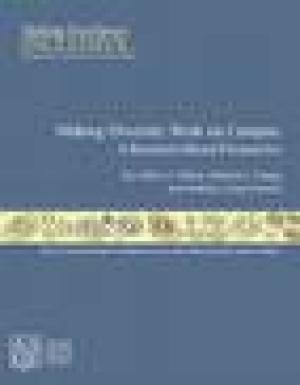
The authors discuss recent empirical evidence, gathered on behalf of the University of Michigan Supreme Court defense, demonstrating the educational benefits of diverse learning environments. These are environments that must be intentionally planned and nurtured, where diversity is conceived of as a process toward better learning and not merely an outcome that one can check off a list. Included are numerous suggestions for how to engage diversity in the service of learning, ranging from recruiting a compositionally diverse student body, faculty, and staff to transforming curriculum, co-curriculum, and pedagogy to reflect and support goals for inclusion and excellence. (From the Publisher)
Cognitive Dissonance Theory and the Induced-Compliance Paradigm pose some interesting questions for those teaching religious studies in publicly funded colleges and universities. Given that religious beliefs can be challenged by the historical-critical study of scriptures, for example, and that the cognitive dissonance generated when this occurs can result in unconscious alteration of beliefs and attitudes, it is vital to make explicit the potential for manipulation of student beliefs. The author asks what, if any, responsibilities are implied for the instructor.